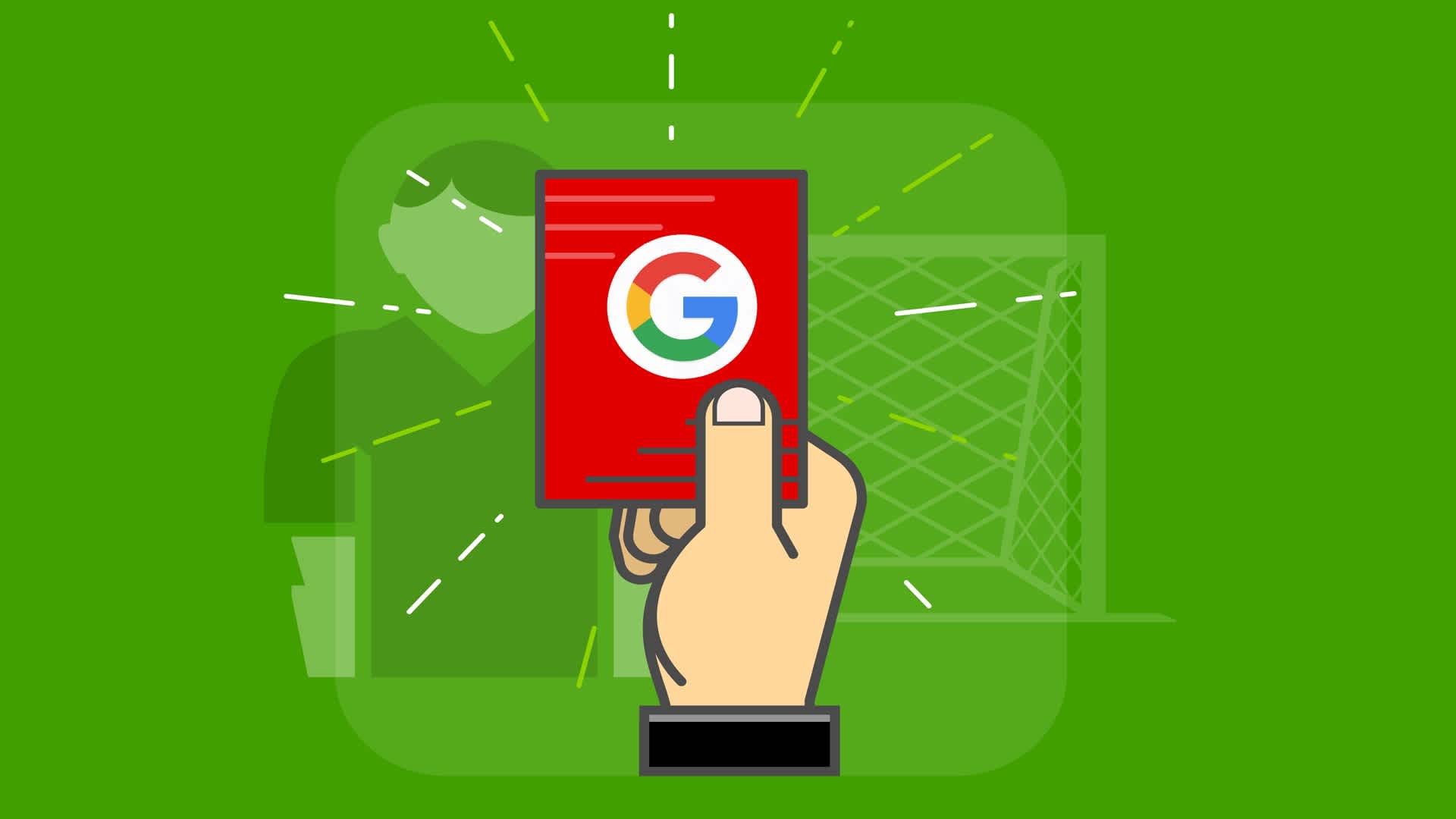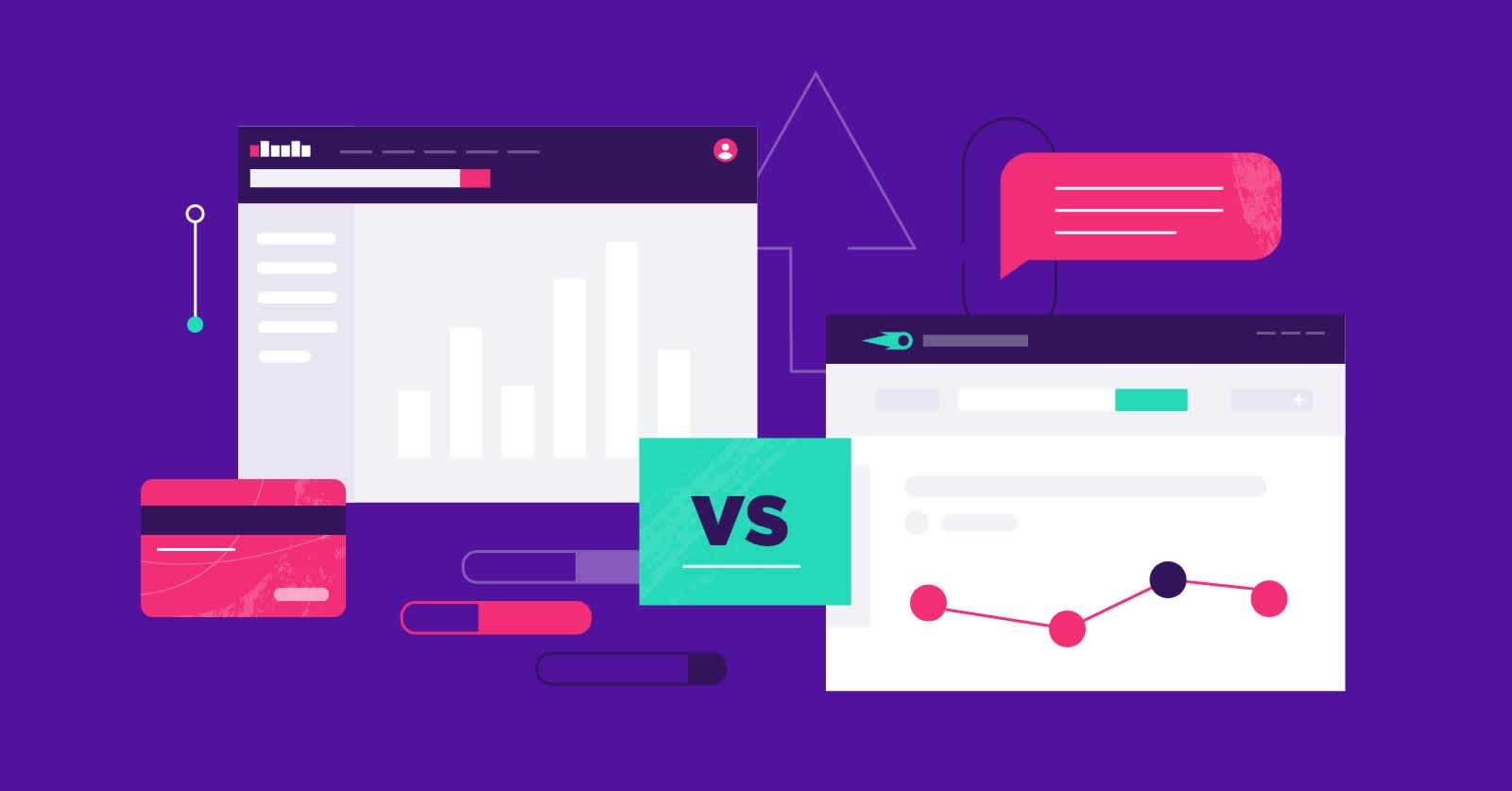Google’s algorithms are constantly evolving, but they don't always produce desirable results for every website out there. This is evident in the dreaded scenario of the Google Penalty, a situation that every website owner and digital marketer seeks to avoid. This comprehensive guide will walk you through everything you need to know about a Google Penalty, the different types, how to identify and recover from one.
What is a Google Penalty?
Google Penalty, in simplest terms, is a punitive measure taken by Google against websites that do not comply with its Webmaster Guidelines. These penalties can significantly impact your site's visibility on the search engine results pages (SERPs), thereby affecting your site's organic traffic and overall SEO performance.
There are two types of Google Penalties:
- Manual Actions: As the name implies, these are penalties manually imposed by Google's webspam team. Site owners will be notified through the Google Search Console if any manual action has been taken against their site.
- Algorithmic Penalties: These are automatic and occur when Google's algorithms detect manipulative practices that are against Google's guidelines. Algorithmic penalties usually aren't announced and are more challenging to identify.
The Common Types of Google Penalties
Understanding the different types of penalties can help you safeguard your site from potential Google Penalties or aid in recovery if you have been hit.
1. Thin Content
Google values quality content and targets sites with thin content that offers little to no value for users.
2. Keyword Stuffing
Over-optimization or keyword stuffing happens when web pages are filled with keywords in an attempt to manipulate ranking. Google can detect this, and it often ends up penalizing the site.
3. Unnatural Links
This includes both outgoing and incoming suspicious links. Google may view a high number of poor-quality links as a link scheme.
4. Duplicate Content
Google expects unique content from every website. Similar content may be viewed as dishonest behavior and could lead to penalties.
5. User-Generated Spam
If user-generated content on your site, like comments, forum posts, or guest blogs, violate Google's guidelines, your site might be susceptible to a penalty.
Identifying A Google Penalty
It's crucial to determine whether your site has received a Google Penalty. If your website experiences a sudden drop in traffic or rankings, it could be a sign that you've been hit. Here are the steps you can take to identify a Google Penalty:
Check Google Search Console for Manual Actions: The quickest way to identify a manual Google Penalty is by checking your Google Search Console account. If your website has been penalized, Google will list the cause, along with advice on how to resolve the issue.
Monitor Your Traffic and Rankings: If you notice a significant drop in your website's traffic or rankings coinciding with an update to Google's algorithms, it could imply an algorithmic penalty.
Recovering From Google Penalty
Recovery from a Google Penalty may be a slow process but certainly not impossible. Here’s what you need to do:
Identify the Penalty: Recognize the issue that caused the penalty by utilizing GSC or SEO tools to identify any changes in traffic or rankings.
Take Corrective Actions: Rectify the issue that caused the penalty.
- For thin content: Increase the depth and quality of content.
- For keyword stuffing: Improve your keyword distribution and density.
- Unnatural links: Disavow spammy links.
- Duplicate content: Ensure all the content on your site is unique.
- User-generated spam: Implement moderation strategies.
Submit a Reconsideration Request: If the penalty was a Manual Action, after rectifying the issue, you can submit a reconsideration request to Google.
Frequently Asked Questions about Google Penalty
Can Automatic Google Penalties Be Avoided without Notification?
Yes, there are instances where Google will automatically issue a penalty without any notification. This typically happens when the Google algorithm identifies violations in your website content or backlink profile. Regularly reviewing and updating your website SEO strategies can help avoid such penalties.
How Can I Recover from a Google Penalty?
Recovering from a Google penalty largely depends on the nature of the violation. If the penalty was due to duplicate content or keyword stuffing, then revising your content could solve the problem. For penalties related to bad links or unnatural links, you'll need to remove those links and then file a reconsideration request through Google Search Console.
How Long Does a Google Penalty Last?
The duration of a Google penalty can vary based on the severity of the violation. Some penalties are temporary and last for a few days or weeks, while others could last for months or until the issues are fully resolved. Moreover, it can also take some time for Google to recrawl your site even after you've fixed the issues.
Does Google Give Penalties to Big Brands?
Google doesn't discriminate when it comes to penalties. Large corporations and popular brands have received penalties when they've violated Google's guidelines. This emphasizes the importance of following ethical SEO practices, regardless of the size of your business.
Are Google Penalties Permanent?
No, Google penalties are not permanent. Once you've identified the violation and corrected it, you can submit a reconsideration request to Google. It may take some time for Google to review your request and recrawl your site, but the penalty can be lifted if the issue has been satisfactorily resolved.
Can a Google Penalty Affect My Entire Website?
Yes, a Google penalty can affect your entire website, especially if it's a site-wide manual action. It can drastically reduce your site’s visibility in search result pages, affecting both rankings and traffic. However, some penalties might be page-specific focusing on a particular page on your site.
How Can I Protect My Website from Google Penalties?
The best way to protect your site from Google penalties is to stay informed about Google's updated guidelines and adhere to ethical SEO practices. Make sure your website doesn't contain any thin or duplicate content, avoid keyword stuffing, and build high-quality, natural backlinks. Also, regularly use Google's Webmaster tools to check and ensure your website's health.
What Causes Google Penalty due to Bad Links?
Bad links refer to links coming to your site from spammy, irrelevant, or low-quality websites. These links could harm the website's ranking and trigger a Google penalty. Therefore, it's important to monitor the quality and relevance of sites linking to you.
Pros of Google Penalty
Keeps the Internet Clean and Relevant
Facilitates Fair Internet Usage
Google penalties serve as a corrective action against websites with dubious practices. They discourage these entities from trying to game the system, allowing fair competition among businesses. Websites that legitimately strive to deliver valuable content and a high-quality user experience are rewarded, while sites that use misleading tactics are penalized.
Encourages High-Quality Content
Under the Google penalty system, content is king. Sites are compelled to create and provide valuable, relevant content to their users rather than generate pages filled with irrelevant keywords or duplicate content.
Promotes a Better User Experience
Google’s aim has always been to provide users with the most relevant and high-quality search results. Google penalties further this goal by punishing sites that try to trick the algorithm. This encourages websites to invest in providing useful, quality content, and a great user experience, thereby resulting in an overall better internet.
Enhances Website Optimization
Inspires Learning SEO Best Practices
Google penalties force webmasters and digital marketers to learn and follow SEO best practices. It pushes them to improve their knowledge on the subject, stay awake on updates, and implement the best strategies for their websites.
Encourages Regular Auditing
To avoid Google penalties, webmasters must conduct regular site audits. This way, they're able to identify and fix issues proactively before they're penalized.
Cons of Google Penalty
Causes Sudden Traffic Loss
Results in Declining Visibility
Google penalties can be dreadful for businesses since they usually result in a website losing its visibility on search engine result pages (SERPs). This means less organic traffic and fewer conversions, which can be catastrophic for businesses that heavily rely on online revenues.
Reputation and Trust Damage
Being penalized not only results in less visibility but also tarnishes the website’s reputation. Users may view penalized websites as untrustworthy, further affecting the site’s ability to recover.
Recovery can take time
Lengthy Process
The process of diagnosing why a website has been penalized can take time, and recovering from it - once the necessary corrections are made - can take even more time, during which your site is receiving less traffic, leads, and conversions.
Demands Resources
Due to the complexity of Google’s algorithms, resolving a penalty often requires technical expertise. This could involve hiring special SEO services, thereby increasing overhead costs. Plus, the time spent fixing the penalty could have been used for other profit-generating activities, resulting in a potential loss of revenue.
Regular Algorithm Updates
Unpredictability
Google frequently updates its algorithms, and understanding these changes is quite challenging. There is always the risk of falling foul of a new update, resulting in a penalty.
The Necessity of Constant SEO Adaptation
With continuous changes, website administrators need to consistently re-evaluate their SEO strategies. Adapting to Google’s changing algorithms can be laborious, expensive, and cause anxiety among businesses since what's effective now could be counteractive in the future.
Summary
Understanding Google penalties is helpful for website owners and manufacturers looking to stay on the great side of Google's search algorithm. A Google penalty results in lower website ranking, and that can lead to decreased traffic. Nevertheless, Google penalties are avoidable by adhering strictly to webmaster guidelines and engaging best SEO practices. Ensure that your content provides value to your users and be aware of any subtle changes in Google's policies or algorithms.
If you're hit with a Google penalty, it's not the end of the world. While it may see your website traffic drop in the short term, there are measures you can undertake to bounce back. You can start by identifying the type of penalty, then take steps to fix any issues on your site. Remember, Google's main objective is to provide a quality search experience, so if your site delivers useful, relevant content, you're likely to regain your standing in search results.
It's important to note that there's no shortcut to achieving a high ranking on Google, and no amount of black-hat SEO tactics can permanently keep a site at the top. Maintaining an ongoing relationship with Google necessitates a long-term commitment to SEO best practices. That includes avoiding anything that might lead to a Google penalty, and constantly optimizing your site for quality, relevance, and user-friendliness. At the end of the day, staying in Google's good books means following the rules and offering authentic, high-value content to site visitors.
About WebPerfex
WebPerfex is a vibrant, innovative and go-to company based out of Sacramento, CA. Our team is enthusiastic about helping businesses encompass the full range of digital needs- be it website design, SEO, or branding. With our firm, you can expect to enjoy a tailored solution that resonates with your goals, effectively driving your brand to the pinnacle. We, at WebPerfex, believe in the power of creativity meshed with technology, leveraging results which are nothing short of extraordinary. So, buckle up and gear up for a digital transformation journey with the 'WebPerfexions!'




